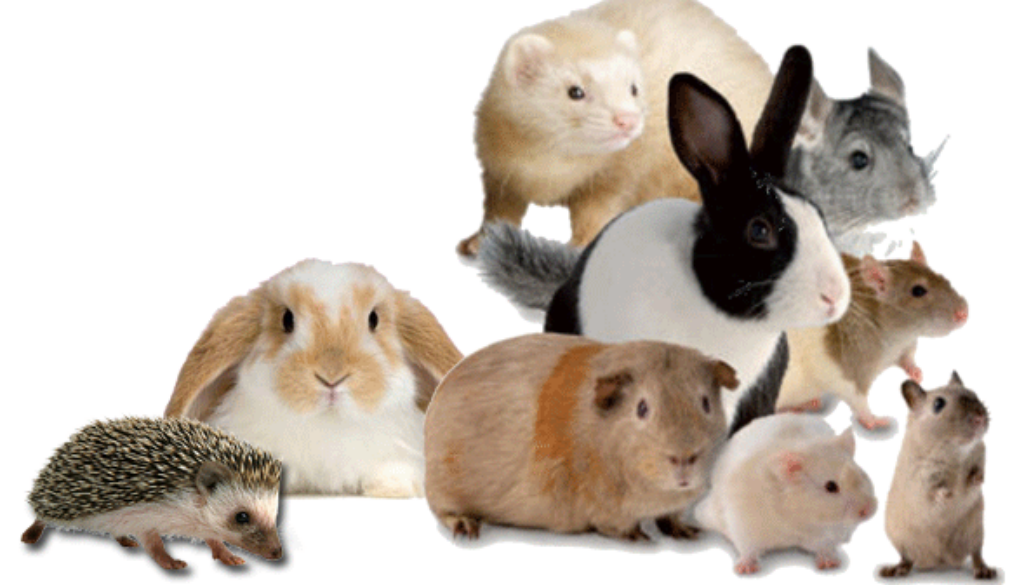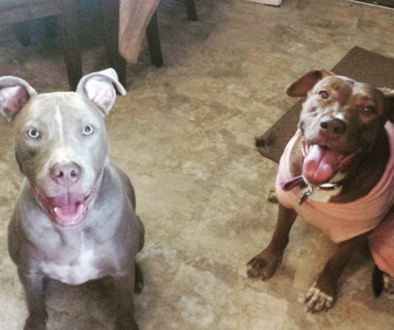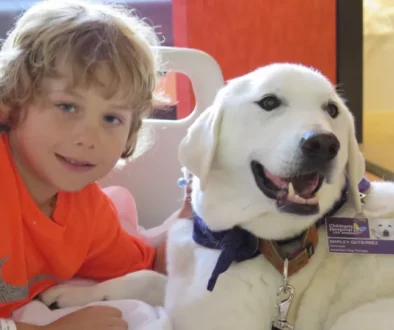Rescue Rabbits, Guinea Pigs, and More: Unusual Pets Need Love Too
It is not uncommon for people to seek companionship in pets, and while cats and dogs may be the most popular options, there is a growing trend of welcoming unusual pets into homes. This article aims to shed light on the importance of rescuing and adopting rabbits, guinea pigs, reptiles, birds, and exotic pets, emphasizing the need for love and care for these often overlooked creatures.
The Growing Popularity of Unusual Pets
As people’s lifestyles change and they seek different experiences, the demand for unusual pets has been steadily increasing. Rabbits, with their adorable features and personalities, have become sought-after pets, as have guinea pigs, with their sociable nature. Additionally, reptiles, birds, and a variety of exotic animals have found their way into the hearts of enthusiasts, creating a vibrant community of passionate pet owners.
The Benefits of Having Unusual Pets
Unusual pets bring a range of benefits to their owners. Rabbits and guinea pigs, for example, can provide comfort and emotional support, especially for individuals struggling with mental health issues. They can also offer educational opportunities, teaching children and adults alike about compassion, responsibility, and empathy.
Rescue Organizations for Unusual Pets
Rescue organizations play a crucial role in saving and rehabilitating abandoned, neglected, or mistreated unusual pets. These organizations work tirelessly to find loving homes for these creatures, ensuring their well-being and happiness. By supporting these organizations, individuals can make a significant impact in providing a better life for these animals.
Rescuing and Adopting Rabbits
Understanding Rabbits as Pets
Keeping rabbits as pets requires specialized knowledge and understanding of their unique needs. They are social animals that thrive in pairs or small groups, requiring ample space to exercise and explore.
Rescue Organizations for Rabbits
Many rescue organizations are dedicated to rescuing and rehoming rabbits. These organizations provide a safe haven for rabbits, allowing them to be rehabilitated and matched with loving adopters.
Caring for Rescued Rabbits
Proper diet, regular veterinary check-ups, and creating a stimulating environment are essential aspects of caring for rescued rabbits. This includes providing them with appropriate housing, mental stimulation, and opportunities for exercise.
Common Rabbit Health Issues and Care
Rabbits are prone to specific health issues, such as dental problems, gastrointestinal stasis, and overgrown nails. Educating oneself about these issues and providing proper care can prevent unnecessary suffering and ensure the well-being of rescued rabbits.
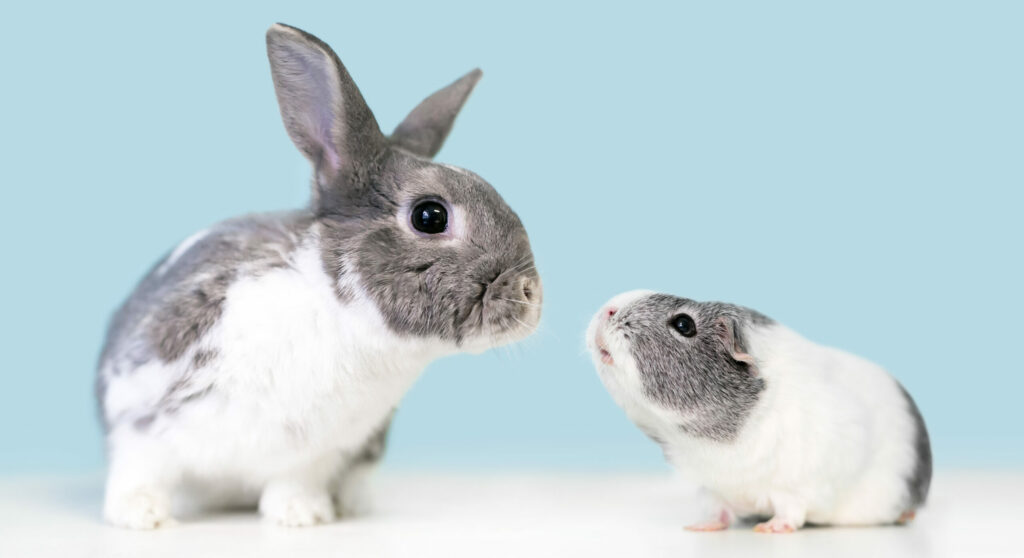
Rescuing and Adopting Guinea Pigs
Understanding Guinea Pigs as Pets
Guinea pigs, also known as cavies, are small, social animals that make wonderful companions. They have unique personalities and a gentle nature, making them ideal pets for both children and adults.
Rescue Organizations for Guinea Pigs
Rescue organizations dedicated to guinea pigs work tirelessly to rescue and find homes for these adorable creatures. They provide a safe haven for abandoned or neglected guinea pigs and ensure they receive proper care and attention.
Caring for Rescued Guinea Pigs
When adopting a rescued guinea pig, it is essential to provide them with a suitable habitat that includes hiding spots, bedding, and a comfortable space to roam. They require a diet rich in fresh vegetables, hay, and pellets to maintain their health.
Common Guinea Pig Health Issues and Care
Guinea pigs are prone to certain health issues, including dental problems, respiratory infections, and parasites. Regular veterinary check-ups and a balanced diet are crucial to preventing and addressing these health concerns and ensuring the well-being of rescued guinea pigs.
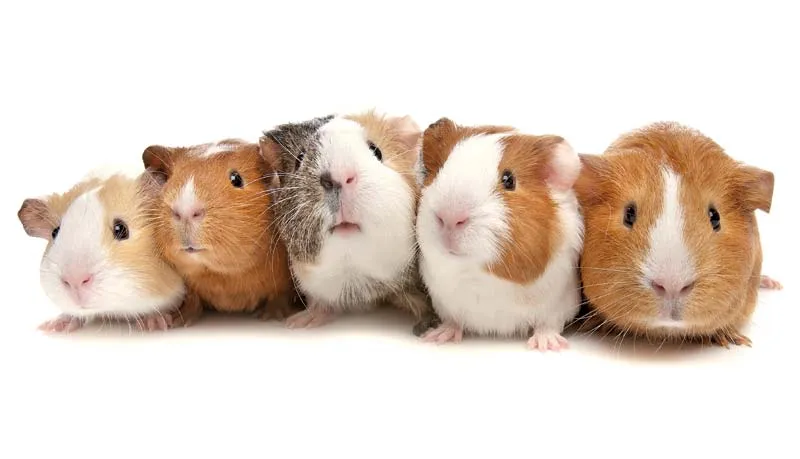
Rescuing and Adopting Reptiles
Understanding Reptiles as Pets
Reptiles, including snakes, lizards, and turtles, require specific care and environments to thrive as pets. They can be fascinating creatures to own, but it is essential to understand their unique needs and behaviors before considering adoption.
Rescue Organizations for Reptiles
Rescue organizations specializing in reptiles play a vital role in rescuing, rehabilitating, and rehoming these animals. They ensure that reptiles that have been abandoned or mistreated find safe and suitable homes.
Caring for Rescued Reptiles
Providing rescued reptiles with appropriate enclosures that mimic their natural habitats is crucial. This includes proper heating, lighting, and humidity levels. Additionally, understanding their dietary requirements and seeking the advice of a reptile veterinarian is essential for their well-being.
Common Reptile Health Issues and Care
Reptiles may experience health issues such as respiratory infections, nutritional deficiencies, and shell problems (in the case of turtles). Regular health check-ups, proper hygiene, and maintaining optimal environmental conditions can help prevent these issues and ensure the health of rescued reptiles.
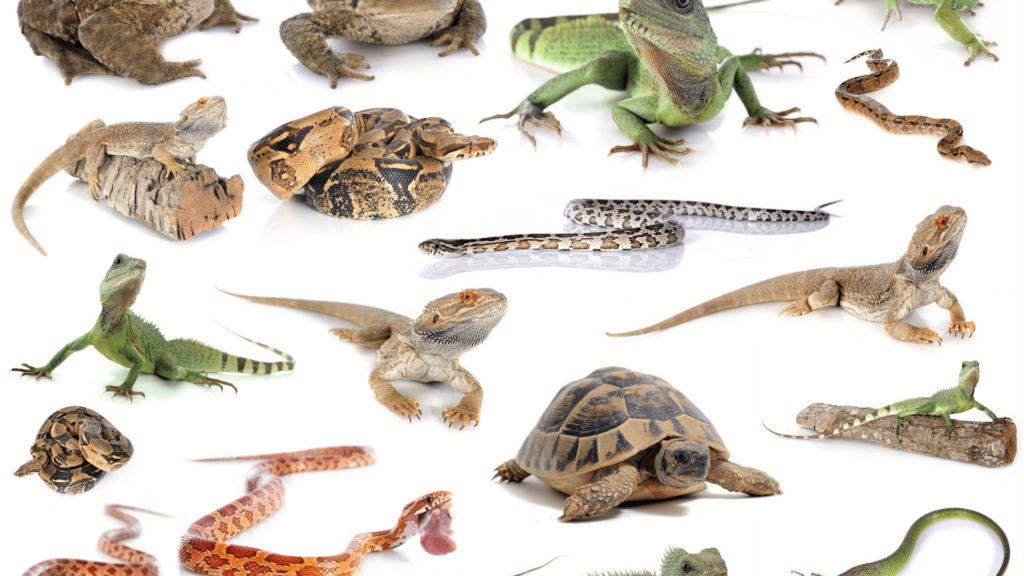
Rescuing and Adopting Birds
Understanding Birds as Pets
Birds can make fantastic companions with their vibrant plumage and charming personalities. However, it is important to understand their unique needs and behaviors before deciding to bring a bird into your home.
Rescue Organizations for Birds
Rescue organizations dedicated to birds provide a safe haven for abandoned, neglected, or surrendered birds. These organizations work tirelessly to rehabilitate and rehome these avian creatures, ensuring they receive the care and attention they deserve.
Caring for Rescued Birds
Caring for a rescued bird involves providing a proper cage with ample space for movement, toys for mental stimulation, and a balanced diet consisting of fresh fruits, vegetables, and high-quality bird feed. Regular veterinary check-ups are also crucial to detect any potential health issues.
Common Bird Health Issues and Care
Birds may experience health conditions such as malnutrition, respiratory infections, and feather plucking due to stress. Providing a nutritious diet, regular exercise, and a stress-free environment are key to maintaining the health and well-being of rescued birds.
Rescuing and Adopting Exotic Pets
Understanding Exotic Pets
Exotic pets refer to animals that are not commonly domesticated, such as reptiles, amphibians, small mammals, and invertebrates. These animals require specialized care and environments that mimic their natural habitats.
Rescue Organizations for Exotic Pets
Rescue organizations for exotic pets focus on rescuing and rehoming these unique creatures. They provide a safe and suitable environment for animals that are abandoned, surrendered, or found in improper conditions.
Caring for Rescued Exotic Pets
Caring for rescued exotic pets requires knowledge of their specific needs, including appropriate housing, diet, temperature, and humidity. It is important to research and understand the species before adoption and consult with experienced exotic pet owners or veterinarians.
Common Exotic Pet Health Issues and Care
Exotic pets are susceptible to various health issues, such as metabolic bone disease in reptiles, dental problems in small mammals, and skin infections in amphibians. Regular veterinary check-ups and providing a proper diet and habitat are crucial for preventing and addressing these health concerns.
Creating a Safe and Enriching Environment for Unusual Pets
- Research and Understand the Species: Before bringing an unusual pet into your home, it is crucial to thoroughly research and understand their specific needs, behaviors, and habitat requirements. Each species has unique environmental and dietary needs that must be met for their overall well-being.
- Provide the Appropriate Enclosure: The enclosure or habitat for your unusual pet should closely resemble its natural environment. Consider factors such as size, temperature, humidity, substrate, and hiding spots. Ensure that the enclosure is secure to prevent escapes and protect the pet from potential hazards in the household.
- Temperature and Humidity Control: Many unusual pets, such as reptiles and amphibians, require specific temperature and humidity levels to thrive. Invest in the necessary equipment, such as heat lamps, UVB light bulbs, and misting systems, to maintain the optimal environment for your pet.
- Proper Nutrition: Understand the dietary requirements of your unusual pet and provide a balanced and varied diet. Some animals may require live prey or specific plant matter. Consult with a veterinarian or experienced exotic pet owner to ensure you are providing the right nutrition for your pet.
- Environmental Enrichment: Unusual pets, just like any other pet, benefit from environmental enrichment. Provide toys, climbing structures, hiding places, and other forms of mental stimulation to keep them engaged and prevent boredom or stress. Additionally, consider creating a suitable space for exercise, such as a secure play area or an appropriate-sized enclosure.
- Regular Veterinary Care: Unusual pets should receive regular veterinary check-ups, just like any other pet. Find a veterinarian with experience in exotic species to monitor the health of your pet and address any potential issues. Regular check-ups can help detect health problems early and ensure the overall well-being of your unusual pet.
- Educate Yourself: Stay up to date with the latest information and research on caring for your unusual pet. Join online forums, attend workshops or seminars, and connect with other owners of similar pets to learn from their experiences and share knowledge.
Remember, responsible pet ownership is essential when caring for unusual pets. Creating a safe and enriching environment will not only ensure the well-being of your pet but also provide them with a fulfilling life in captivity.
Conclusion
While cats and dogs are undoubtedly wonderful companions, there is a vast array of unusual pets waiting to bring joy and love into our lives. From rescue rabbits and guinea pigs to chinchillas, reptiles, and ferrets, these special creatures have their own distinct qualities that make them adorable and unique companions. By considering an unconventional pet, you not only open your world to new experiences but also provide a loving home to an animal in need. So, let’s embrace the extraordinary and give some undeniably deserving pets the love and attention they deserve
Also Read:
